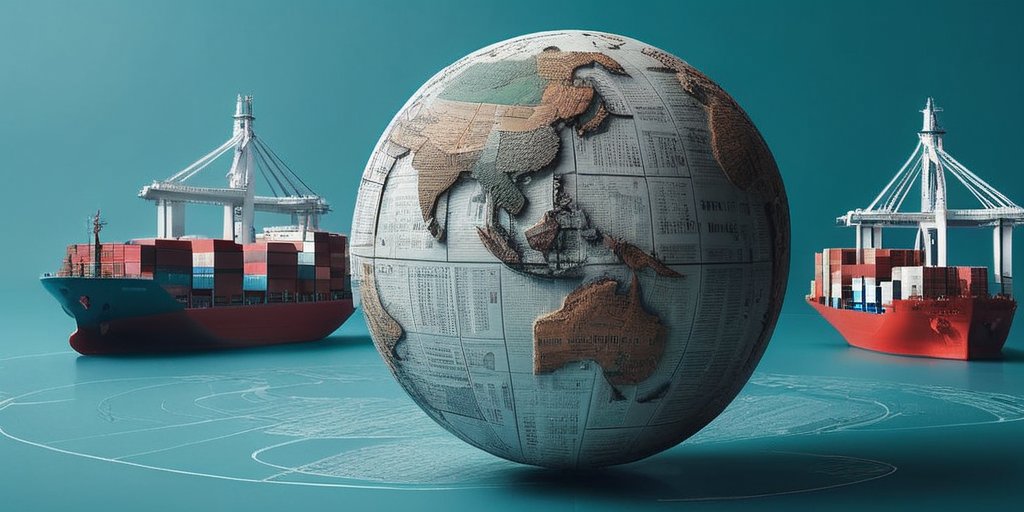President Donald Trump is moving towards a self-imposed April 2 deadline for implementing sweeping tariffs on various countries, while also expressing a willingness to negotiate trade deals, particularly concerning foreign adversaries like Russia and Iran. Trump has dubbed April 2 as “Liberation Day,” a significant date as he promises reciprocal tariffs against an unspecified number of nations along with a notable 25% levy on automobiles and car parts.
In a recent phone interview with NBC News, Trump revealed his frustrations towards Russian President Vladimir Putin, particularly around comments made by Putin about Ukrainian President Volodymyr Zelensky. Trump expressed his anger, indicating that if no agreement is reached regarding the ongoing conflict in Ukraine, he would consider imposing secondary tariffs on Russian oil. “If Russia and I are unable to make a deal on stopping the bloodshed in Ukraine, and if I think it was Russia’s fault, I am going to put secondary tariffs on oil, on all oil coming out of Russia,” he said.
This tough stance showcases a contrast between Trump’s critical remarks about Putin and his previously supportive rhetoric. The White House has recently advocated for an agreement that eases Russia’s military pressure in exchange for lifting sanctions – a proposal that fell short of a full ceasefire initially hoped for. When asked about the possibility of dialogue with Putin should he act favorably, Trump responded affirmatively, signaling his openness to negotiations.
Moreover, Trump noted that he is weighing the implementation of secondary tariffs against Iran, following his decision to withdraw the U.S. from the 2015 nuclear agreement that placed limits on Iran’s nuclear activities. Despite Iran’s rejection of direct talks with the U.S., Trump remains insistent that any future negotiations would hinge on significant concessions from Iran.
His economic advisers have cautioned about the uncertainty surrounding these tariff decisions and the economic implications they may have. National Economic Council Director Kevin Hassett explained the delicate nature of the tariff discussions and stated, “President Trump is going to decide how many countries,” suggesting that no final decisions had yet been made.
Despite potential economic backlash, including rising prices for consumers due to import taxes, Trump and his team maintain a positive outlook. Senior counselor for trade and manufacturing, Peter Navarro, argued that tariffs would lead to economic growth and job creation, asserting that “tariffs are great for Americans.” He stressed the importance of trusting Trump’s strategy, citing previous high tariffs imposed during his first term that purportedly resulted in prosperity for the nation.
As market reactions to these proposals remain mixed, the looming tariffs represent a pivotal moment for Trump’s economic policy as he tries to navigate complex international relations while pursuing his vision of an economically robust America.
